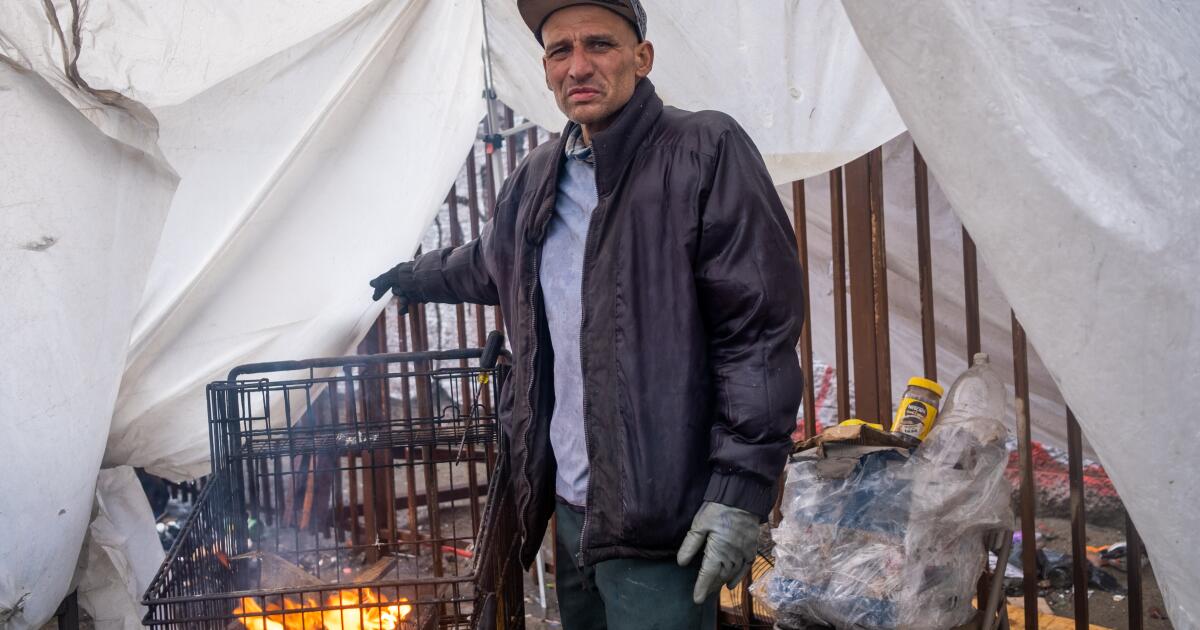If 100 homeless people were given $750 per month for a year, no questions asked, what would they spend it on?
That question was at the core of a controlled study conducted by a San Francisco-based nonprofit and the USC Suzanne Dworak-Peck School of Social Work.
The results were so promising that the researchers decided to publish results after only six months. The answer: food, 36.6%; housing, 19.5%; transportation, 12.7%; clothing, 11.5%; and healthcare, 6.2%, leaving only 13.6% uncategorized.
Those who got the stipend were less likely to be unsheltered after six months and able to meet more of their basic needs than a control group that got no money, and half as likely as the control group to have an episode of being unsheltered.



Your hypothesis is an intuitive and common fear, and so has been studied before and found insubstantial, with Canada’s “Mincome” experiment being one of the most notable: in the 70s Canada targeted members of a town with a minimum income for five years, and saw results like people opening businesses with loans they could get now that they could cite the income. Where they saw people leaving jobs, it was often for education - their high school enrollment hit 100% for the senior year for the first time ever, due to the kids not needing to help bring in money. It was ended during a fiscal crisis when the government was looking for places to tighten belts. This BBC article is a good read on it, focused on the positive health impact.